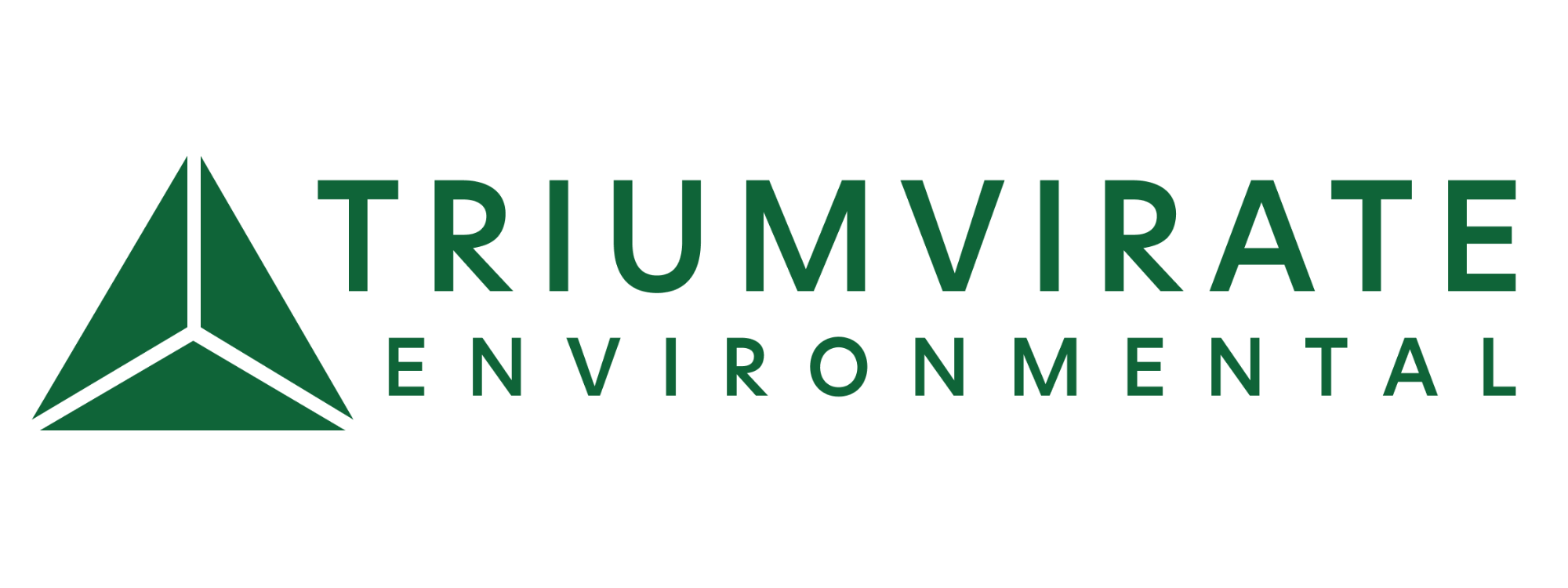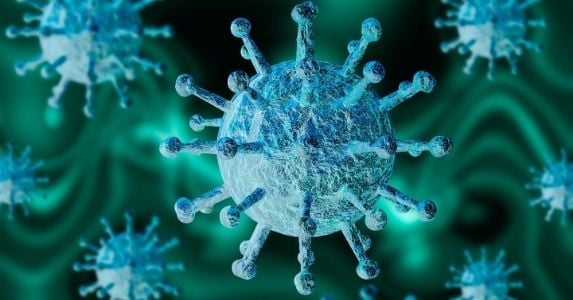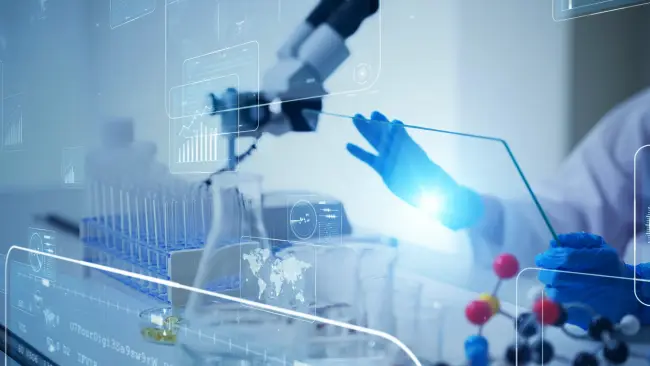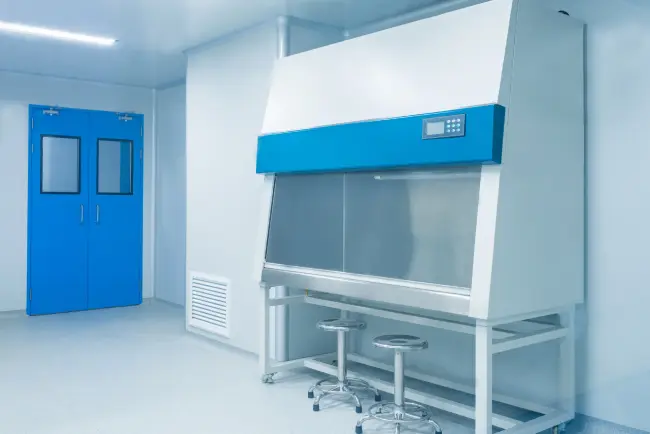Workplace Monitoring for SARS-CoV-2: Multiple Techniques Available
Monitoring the SARS-CoV-2 virus in environments such as the workplace has been ramping up in response to the Covid-19 pandemic. Widespread environmental sampling is being performed to fully understand how SARS-CoV-2 spreads and how this affects bringing employees back into the workplace.
Various Modes of Transmission
SARS-CoV-2 has been detected in the air since the beginning of the Covid-19 outbreak. The virus’s primary mode of transmission is via droplets and aerosols. Fomites (contaminated materials) are another principal mode of spreading the virus. While there are several ways SARS-CoV-2 spreads, it has been found to be shed by individuals in bodily fluids including feces and urine. Levels of SARS-CoV-2 in various media vary; however, the infectious dose is estimated to be approximately 1,000 viral particles and may be lower. Fortunately, rPCR analytical techniques can now identify the virus in samples consistently and even at low concentrations.
Macro-Scale Monitoring Techniques
Several techniques are now available to monitor for SARS-CoV-2 in the environment. Macro-scale monitoring techniques assess populations or groups, not individuals. Municipalities, universities, hospitals, and manufacturing facilities are performing these large-scale assessments, using techniques involving periodic sampling of air, wastewater, and/or surfaces and analyzing the samples for the virus. Organizations are benefitting from these results and, in turn, are making sound decisions when managing their workers and occupants.
Reducing Covid-19 Transmission
Sampling and analyzing as part of macro monitoring programs has been successful in identifying Covid-19 sick personnel who were asymptomatic and the recently exposed individuals prior to experiencing symptoms. Both scenarios can greatly reduce the likelihood of Covid-19 transmission in the workplace. To succeed and manage potential sickness, an organization’s macro monitoring program needs:
- A strong sampling plan, whether it’s an assessment of air, wastewater, and/or potentially contaminated surfaces;
- Experience and expertise in interpreting the results; and
- Guidance to determine what actions are appropriate.
Other tools are readily available to help keep compromised employees out of the workplace and to attempt to identify infected individuals early. There are several ways companies can track the virus in the workplace; however each has its limitation. For example, self-monitoring and questionnaires help but rely on day-to-day updates and cannot identify asymptomatic individuals. Testing personnel and contact tracing are other ways to detect the virus but are disruptive and costly.
Be Proactive to Keep Your Employees Safe
While there is more research to be done, the study of SARS-CoV-2 and its mode of spreading has been helpful in evaluating the safety of the workplace. With the virus still an ongoing threat, businesses are taking extra measures and precautions to mitigate the risk to their employees.
Triumvirate Environmental’s experts are skilled at performing air, wastewater, and surface sampling, and can assist your organization in reducing the spread of the virus. To learn more about all of the Covid-19 support services Triumvirate offers, please visit our Coronavirus (Covid-19) Decontamination & EHS Support Services page. To contact a member of our team, please dial (888)-834-9697 or click below.









.png)